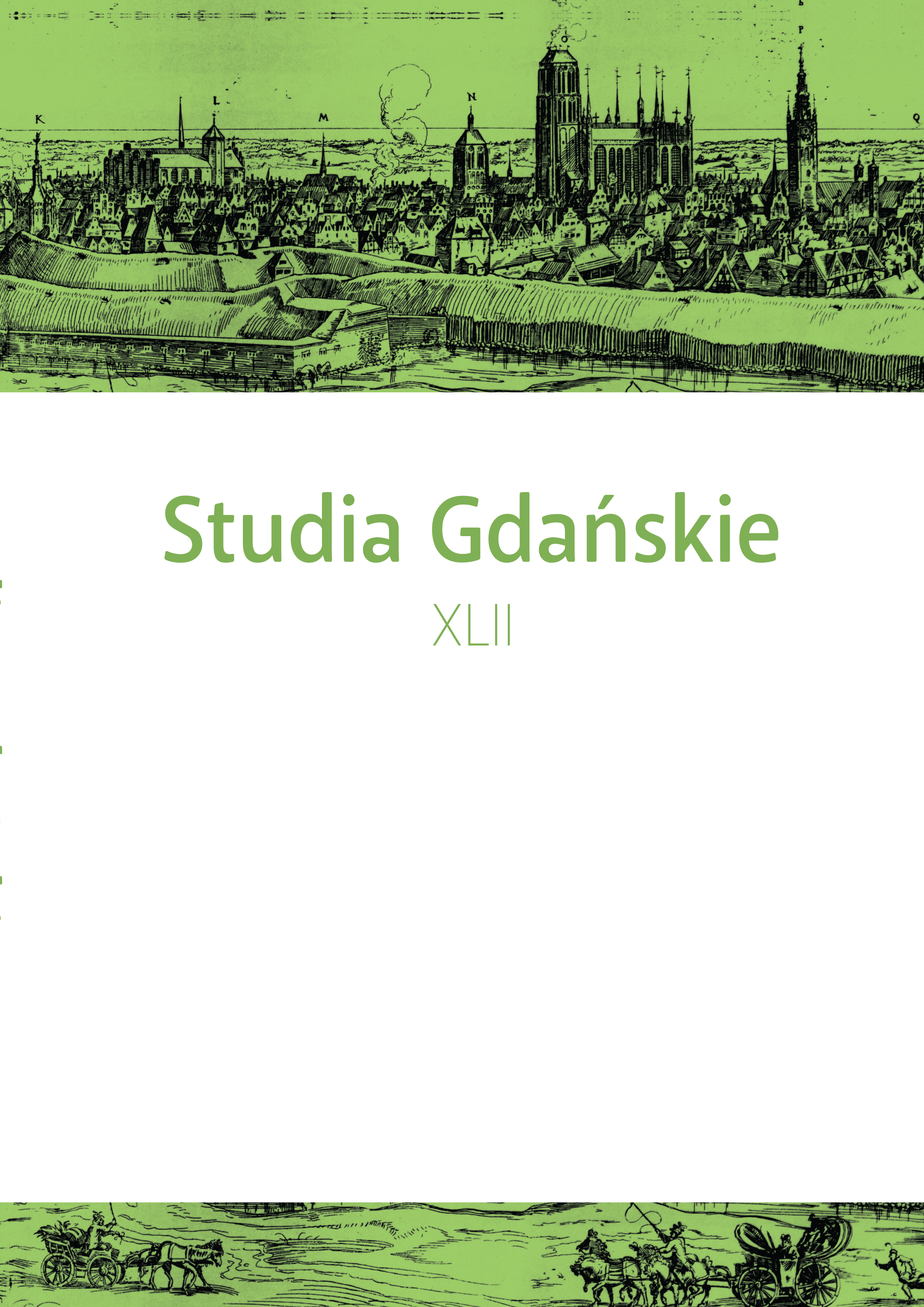Niezbywalność prawdy a cnota tolerancji w dialogu międzykulturowym i międzyreligijnym w pismach Josepha Ratzingera-Benedykta XVI
The Inalienability of Truth Versus the Virtue of Tolerance in Intercultural and Interreligious Dialogue
Author(s): Jakub WoźniakSubject(s): Christian Theology and Religion, Theology and Religion
Published by: Gdańskie Seminarium Duchowne, Kuria Metropolitalna Gdańska
Keywords: truth; tolerance; dialogue; Joseph Ratzinger-Benedict XVI
Summary/Abstract: Looking at the modern world and the dominant tendencies it might be observed that the overriding value of truth is trivialized and situated in the public or private sphere as something insignificant. Moreover, truth is presented as a subjective value which suggests that any form of cognition depends on man and his private perceptions and attitudes without any search for new ways of knowing. The mutual search for truth, as Joseph Ratzinger – Benedict XVI – emphasizes, is a common goal of all religions and cultures. All people, regardless of their beliefs, origin or culture, wish to know, and truth becomes the subject of this cognition. There are two possible ways of knowing truth: the way of reason (a philosophical way) and the way of faith (a meeting with a living Person). In his encyclical Caritas in veriatate, Benedict XVI observes that truth has a dialogical character: from a word which starts a conversation to a dialogue in which information is given and received. The result is the creation of a community where the conversation takes place. Such a meeting of people makes it possible to abandon the subjective opinions and perceptions which close man in his own world, and contributes to openness to other people and to adopting a new perspective.The search for truth during the encounter with other religions and cultures is possible thanks to the virtue of tolerance which we acquire. The virtue of tolerance makes understanding possible, but in order to achieve this understanding it is important to observe certain principles such as conciseness, honesty and responsibility, all of which Benedict XVI mentions. Moreover, understanding is possible when the rules of dialogue are obeyed. Dialogue understood in this way should involve the following elements: words, listening, meeting, understanding, clarity, avoidance of syncretism and relativism, as well as respect for others. Thus we may observe that the search for truth in tolerance should be a unifying goal for all religions and cultures which face divisions and contradictions.
Journal: Studia Gdańskie
- Issue Year: 2018
- Issue No: 42
- Page Range: 175-187
- Page Count: 13
- Language: Polish

